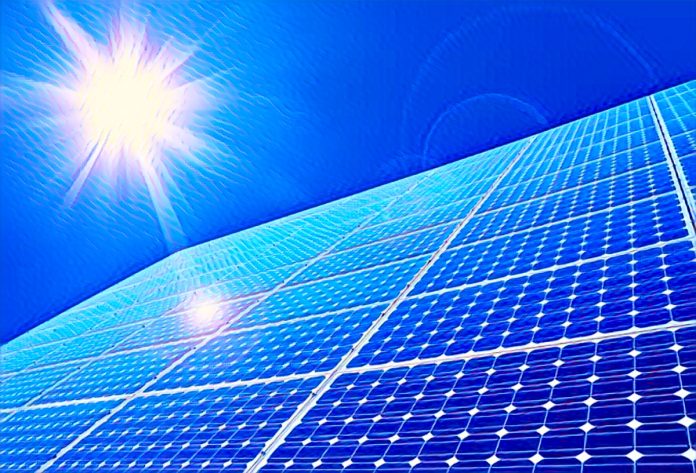KEY POINTS
-
Solar energy in Nigeria remains unaffordable for many low-income households due to high upfront costs, lack of financing, and substandard product availability.
-
Government policies promoting solar access often fail to reach the poor, while middle- and upper-income urban residents benefit the most.
-
Experts call for targeted subsidies, VAT exemptions, and stronger regulation to ensure solar energy becomes truly inclusive and accessible.
In recent years, Nigeria has positioned itself as a proponent of clean and renewable energy, with solar power often at the center of its sustainability agenda.
From rural electrification plans to off-grid energy solutions, government officials and international partners frequently tout solar energy as a cost-effective path to universal access.
But for millions of low-income Nigerians, solar power remains more aspiration than reality—locked behind high upfront costs, inconsistent policy implementation, and a market skewed toward wealthier consumers.
While the country continues to grapple with one of the world’s most unreliable electricity grids, the solar alternative—which should offer a lifeline—is proving to be inaccessible to those who need it most.
Take the case of Zainab Idris, a single mother of three living in Unguwar Gwari, a peri-urban community on the outskirts of Kaduna.
Her home has no connection to the national grid. Despite the intense sun that beats down on her tin roof daily, her nights remain shrouded in darkness. “I went to ask about getting a solar system, and they told me it would cost me N180,000 upfront,” she said. “That’s more than what I earn in two months.”
Despite Nigeria’s climate pledges, solar remains priced out of reach for most low-income households
Nigeria’s Energy Transition Plan (ETP) estimates that more than 90 million Nigerians are without reliable electricity and highlights off-grid solar as a key solution. But the majority of solar products on the market—including small-scale solar home systems and mini-grids—are marketed at price points that are inaccessible to the average Nigerian earning less than $2 per day.
Even when financing is available through pay-as-you-go (PAYG) models or microloans, hidden costs and equipment maintenance fees often drive the total price beyond what poor families can afford. Many communities have reported failed systems, poor after-sales service, and batteries that fail within a year—forcing them to revert to candles, kerosene lamps, or petrol generators.
“The myth is that solar is cheap,” said Nnaemeka Eze, an energy policy analyst based in Abuja. “But when you factor in import duties, currency devaluation, logistics, and technical support, it’s often more expensive over time than people realize.”
Industry insiders agree. Import-heavy supply chains, exacerbated by foreign exchange shortages and high inflation, have driven up the cost of solar panels, inverters, and batteries in Nigeria. According to data from the Rural Electrification Agency (REA), while donor-funded mini-grid projects exist in certain communities, most Nigerians still rely on diesel or petrol generators for daily needs.
Government incentives for local solar manufacturers remain minimal, and tariff waivers on renewable energy equipment are inconsistently applied. Without a robust local manufacturing base or long-term subsidies for low-income users, the sector continues to struggle to bridge the affordability gap.
The problem is further compounded by inadequate regulation. A lack of quality control and standards enforcement has flooded the market with substandard solar products, many of which fail shortly after installation. “We had a solar installer come to our community. They put in panels, but they stopped working after four months,” said Yusuf Bala, a community leader in Nasarawa. “Now, nobody wants to try again.”
Despite these setbacks, solar adoption is growing among middle- and upper-income households in urban centers. Lagos, Abuja, and Port Harcourt have seen a surge in demand for rooftop solar, with many residents installing hybrid systems to escape persistent grid outages. But this growth has largely bypassed Nigeria’s poorest regions.
“There is no energy transition if the poor are left behind,” said Chika Umeadi, an energy access advocate. “We need real policy commitments—zero VAT on solar components, consumer protection laws, and targeted subsidies that prioritize the people who need it most.”
Until then, it will continue to be a luxury product in Nigeria—a paradox in a nation blessed with year-round sunlight but still trapped in energy poverty.



